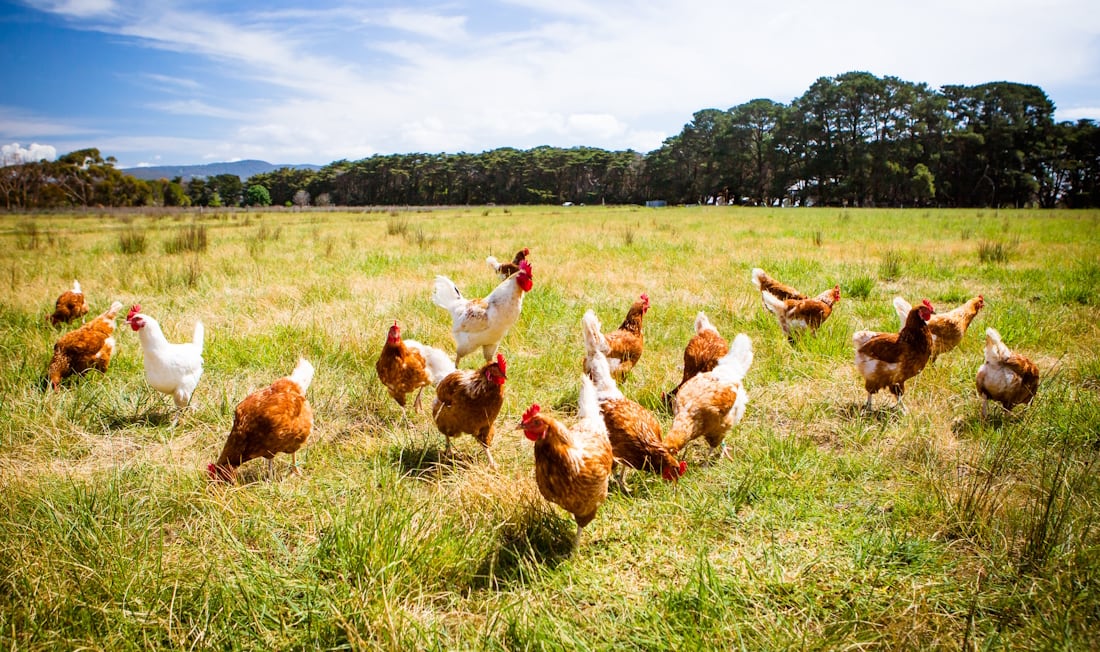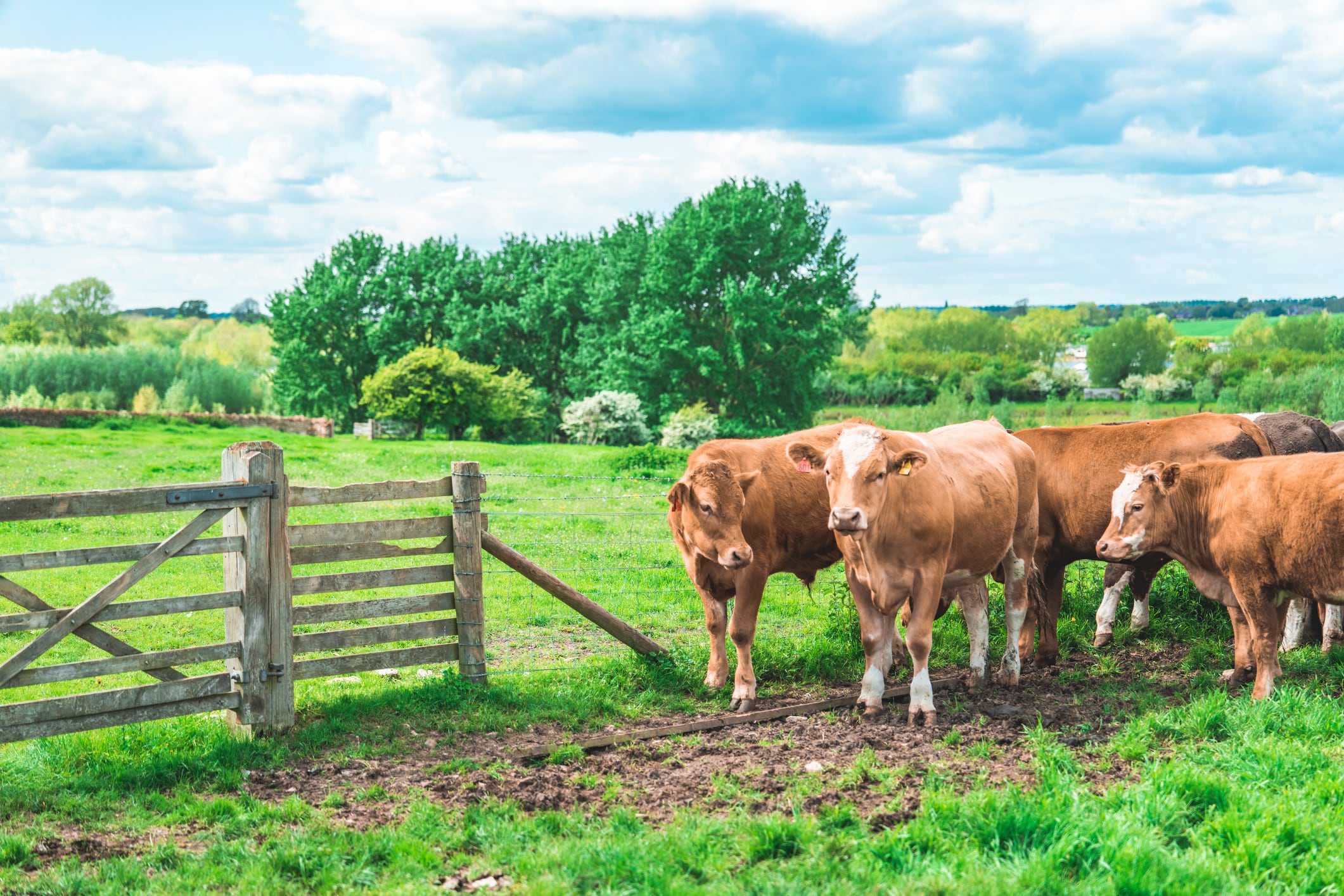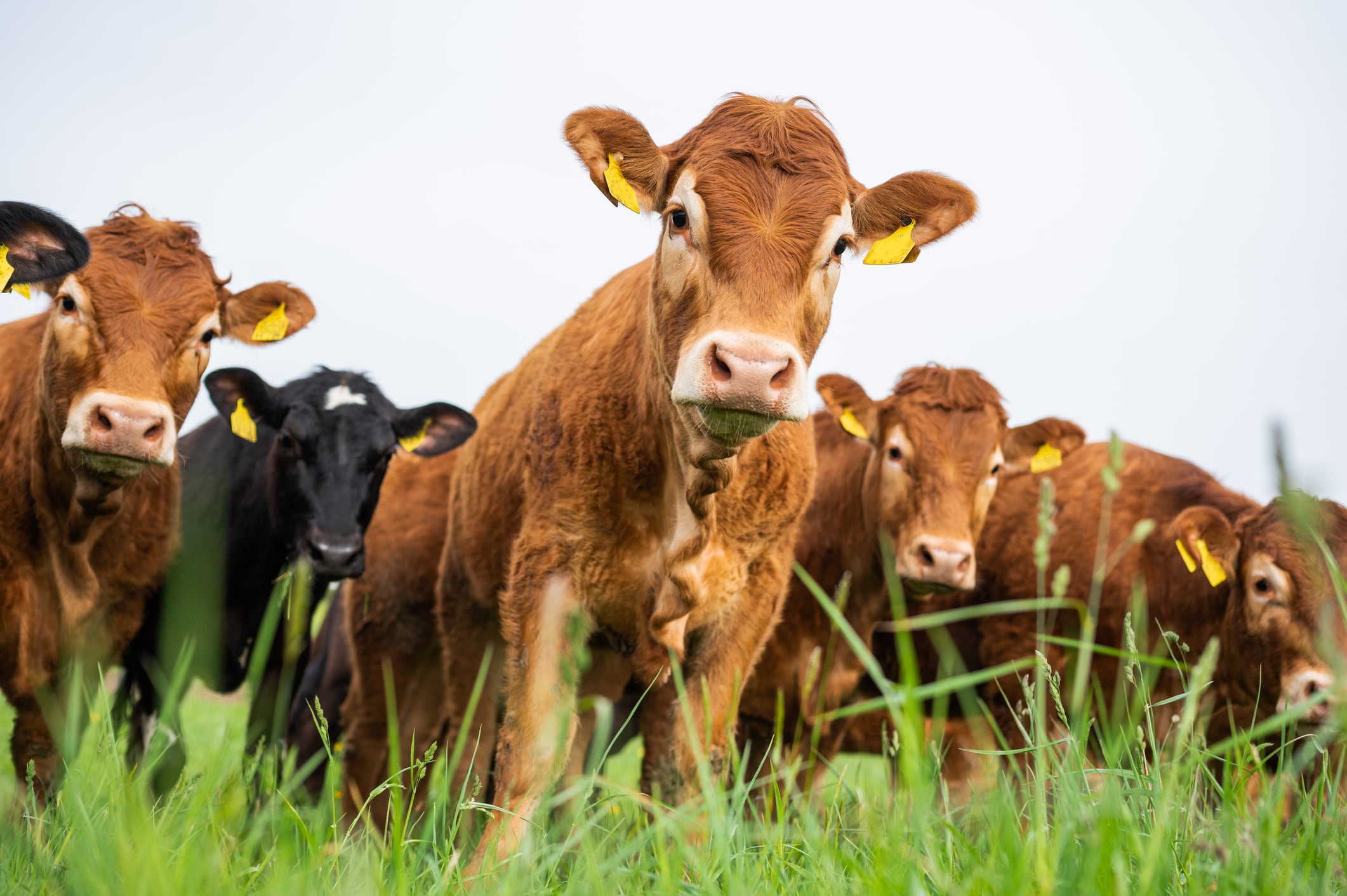A public consultation by Defra asks whether England and Wales should change its livestock feed controls to allow poultry process animal protein (PAP) in porcine feed, porcine PAP in poultry feed and insect PAP in both poultry and pig feed.
Strict bovine spongiform encephalopathy (BSE) control measures have prohibited animal protein from being fed to farmed animals – with very limited exceptions – to prevent BSE agents from being recycled back into the ruminant population.
However, the consultation claimed our understanding of BSE and how it is transmitted has increased greatly since these controls were put in place and the livestock feed regulations no longer reflect current scientific knowledge or the level of BSE risk.
‘Compelling case’
Adrian Kesterson, FABRA UK technical advisor to the said safety and sustainability have provided a compelling case for changing animal feed rules, but this opinion needs to be shared with the consultation.
“Our members produce PAP and support updating the feed rules,” he explained “We encourage farm to fork stakeholders to respond favourably on the changes. We recognise that safety will be foremost in the public’s minds.
“All PAP products are made from healthy animals with high standards for hygiene and traceability. Proteins derived from ruminants (cows, sheep and goats) and intra-species consumption will remain prohibited with strict processing rules and testing to back this up.”
A reform to PAP rules would reduce the UK’s need to import protein for its animal feed, allow producers to source more feed locally and help close the ‘protein gap’ – improving the UK’s food security.
Net zero efforts
Using by-products in feed helps maximises their value, in line with the food waste hierarchy. It also supports efforts to reduce the carbon footprint of feed and the wider food supply chain contributing to the UK’s Net Zero Targets.
“Animal by-products offer significant potential for greenhouse gas reduction, principally through avoided deforestation,” Kesterson added. “Poultry PAP and Porcine PAP have just 20-25% greenhouse gas emissions of soymeal, the most common imported protein source. The research on this was carried out by colleagues in Europe with the verified results available in the GFLI database.”
Changing livestock feed control would bring the UK in line with similar changes made by the EU in 2021. FABRA UK argued that the changes would level the playing field between the two.
The England & Wales consultation closes on 1 April 2025 and anyone wishing to respond can do so online.
Meanwhile, A new project to explore the practicalities and sustainability of dual-purpose, pasture-raised poultry in UK farms has secured funding from the Department for Environment, Food and Rural Affairs (Defra).





